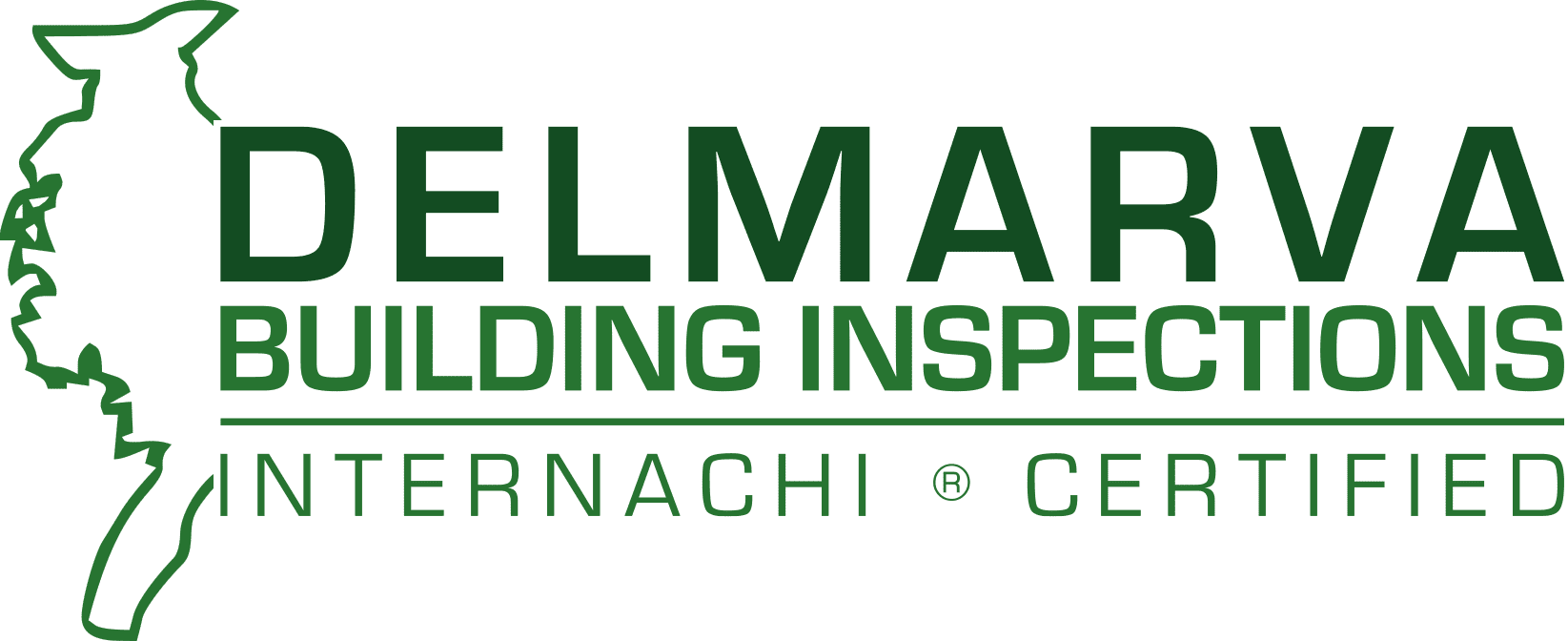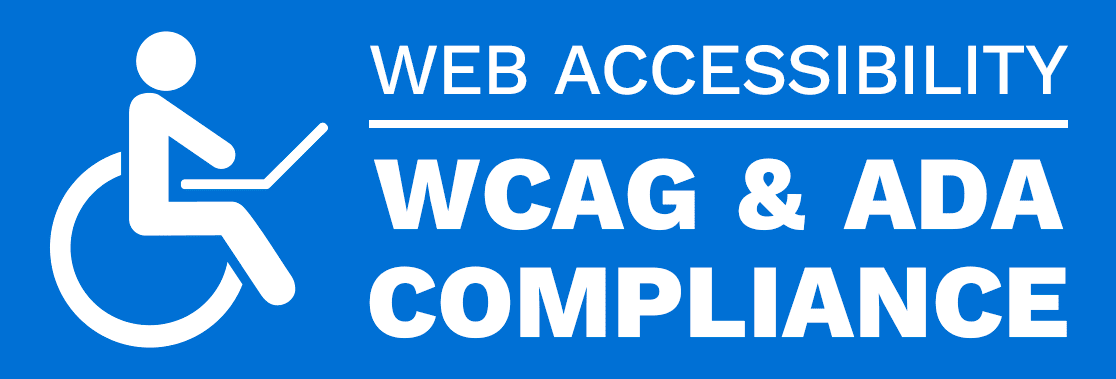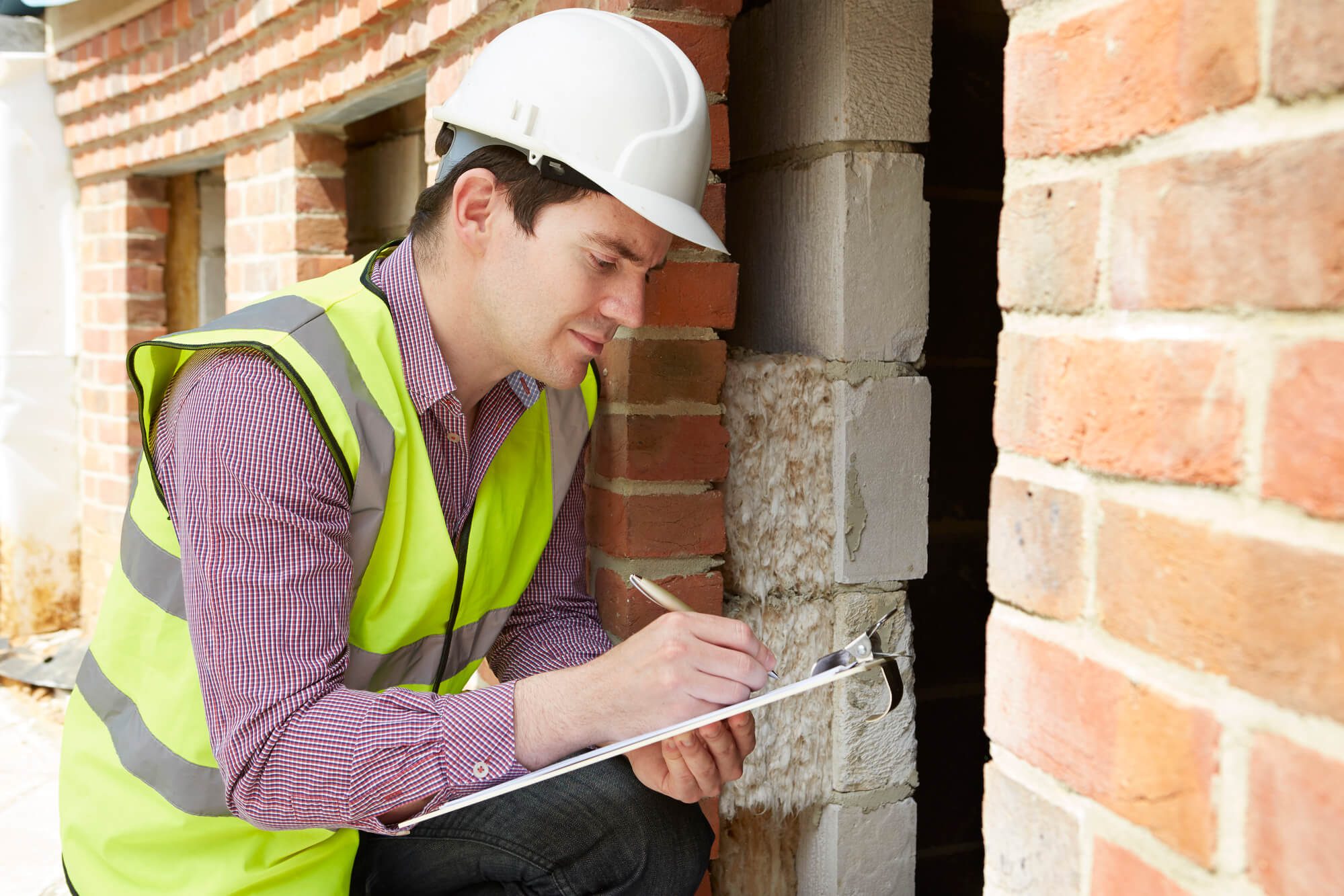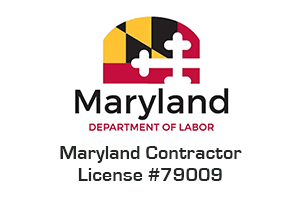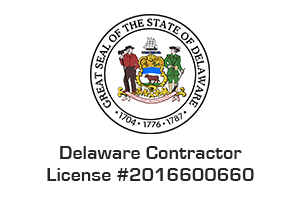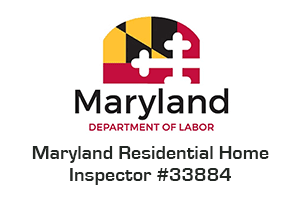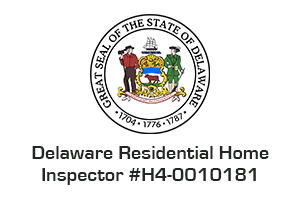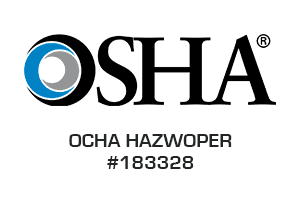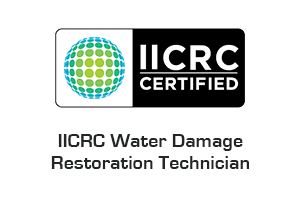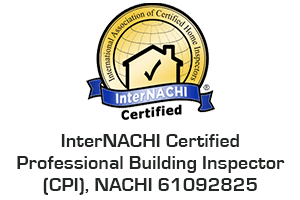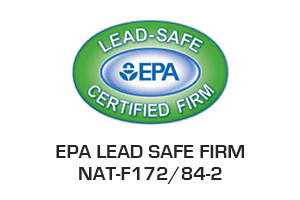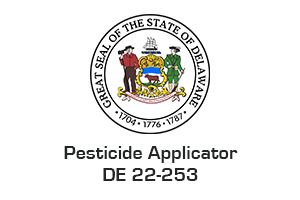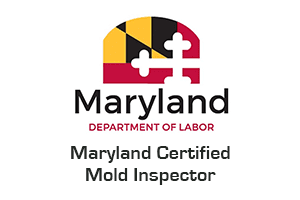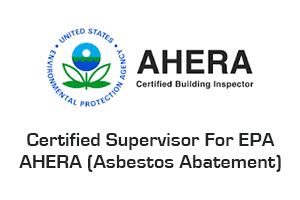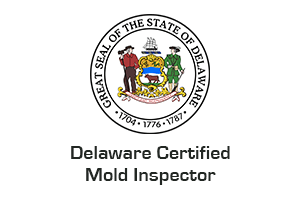Do Delaware and Maryland Require a Licensed Home Inspector or Can It Be DIY?
No, a home inspection completed solely by a true DIY (do-it-yourself) approach is generally not considered a valid or professional home inspection. Here are a few reasons why:
Lack of Expertise:
Professional home inspectors have specialized knowledge, training, and experience in identifying potential issues and hazards in a home. They are familiar with building codes, safety standards, and common problem areas. Without this expertise, there is a higher risk of overlooking important details or misinterpreting signs of underlying problems.
Objectivity:
A professional home inspector provides an unbiased assessment of a property. They have no personal stake in the outcome and are solely focused on evaluating the home’s condition. DIY inspections may be influenced by personal biases, emotional attachments, or lack of objectivity, potentially leading to inaccurate evaluations.
Specialized Equipment:
Professional home inspectors often use specialized tools and equipment to assess various aspects of a property. This can include moisture meters, thermal imaging cameras, electrical testers, and more. DIY inspections may need access to such equipment, limiting the ability to identify hidden issues or potential hazards.
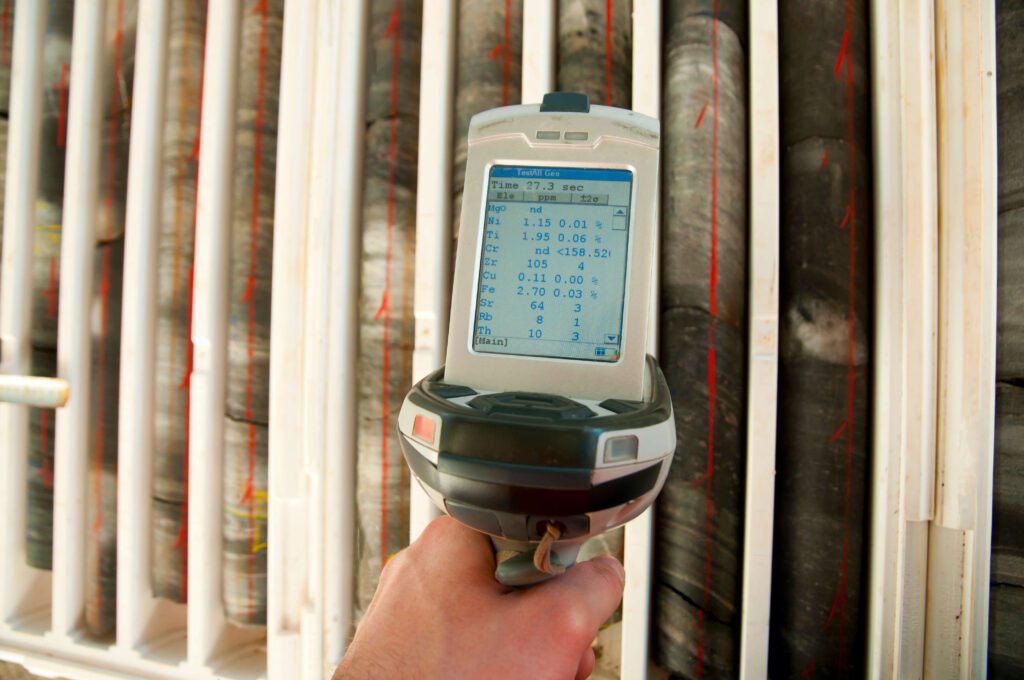
Legal and Insurance Considerations:
Many parties, including lenders and insurance companies, require a professional home inspection report when buying or selling a home. These stakeholders may not recognize or accept a DIY inspection, potentially affecting the transaction process or insurance coverage.
While a DIY home inspection can provide a starting point for identifying some visible issues, we always recommend seeking the expertise of a professional home inspector. Their comprehensive evaluation, detailed reports, and objective assessments offer a more reliable and credible representation of a property’s condi
Begin your home inspection by examining the exterior of the property. Look for the following:
Roof:
a) Check for any damaged or missing shingles, signs of leaks, or sagging areas.
b) Gutters and Downspouts: Ensure they are clear of debris and properly diverting water away from the foundation.
c) Siding and Paint: Inspect the condition of the siding and paint for any cracks, peeling, or signs of water damage.
d) Windows and Doors: Check for proper sealing, functioning locks, and cracked or broken glass.
e) Foundation: Look for cracks, settling, or signs of water damage around the foundation.
Once you’ve examined the exterior, move indoors to assess the house’s interior.
Pay attention to the following areas:
Walls and Ceilings:
a) Check for cracks, stains, or any signs of water damage.
b) Floors: Look for any sagging, unevenness, or damaged flooring.
c) Windows and Doors: Ensure they open and close properly, and check for drafts.
d) Electrical Systems: Test outlets, switches, and light fixtures to ensure they function correctly. Look for any exposed wiring or outdated electrical panels.
e) Plumbing Systems: Check for leaks under sinks, inspect water pressure, and look for any signs of water damage around pipes or fixtures.
HVAC Systems:
Heating, ventilation, and air conditioning systems are crucial for a comfortable living environment. Evaluate the following:
a) Heating Systems:
Test the furnace or heat pump, and check for proper ventilation.
b) Cooling Systems:
Inspect the air conditioning unit for any damage or signs of malfunction.
c) Air Filters:
Replace or clean air filters to ensure optimal air quality.
d) Ductwork:
Examine ducts for leaks, blockages, or inadequate insulation.
Basement and Attic:
a) Basement
These areas often require extra attention due to their potential for issues such as moisture and insulation problems. Take note of the following:
b) Attic:
Inspect for proper insulation, signs of leaks, and ventilation.
Safety Measures:
Home safety is paramount. Keep an eye out for the following:
a) Smoke Detectors:
Test and replace batteries in smoke detectors and ensure they are installed throughout the house.
b) Carbon Monoxide Detectors:
Make sure you have carbon monoxide detectors installed near bedrooms and fuel-burning appliances. c) Fire Extinguishers: Check the expiration dates and ensure you have accessible fire extinguishers in appropriate locations.
d) Handrails and Staircases:
Verify that staircases have sturdy handrails for safety.
The Requirements Of A Delaware Home Inspector
In Delaware and Maryland, home inspectors are required to be licensed. Here is an overview of the licensing requirements in each state:
Delaware Board of Home Inspectors. The licensing requirements include completing an approved training course, passing the National Home Inspector Examination or an equivalent exam, and obtaining liability insurance. Additionally, applicants must submit an application, pay the required fees, and meet any other specific requirements set by the board.
The Requirements Of A Maryland Home Inspector
In Maryland, home inspectors are also required to be licensed. The Maryland Commission of Real Estate Appraisers, Appraisal Management Companies, and Home Inspectors oversees the licensing process. To become licensed, individuals must complete a training course approved by the commission, pass the National Home Inspector Examination or an equivalent exam, and submit an application along with the required fees. Applicants may also need to provide proof of liability insurance and meet any additional criteria set by the commission.
Licensing requirements and regulations can change over time. So it’s advisable to consult the relevant licensing authorities or professional associations in Delaware and Maryland for the most up-to-date information regarding licensing requirements for home inspectors.
Remember, hiring a licensed home inspector provides assurance that they have met the necessary qualifications and standards to perform a thorough and professional inspection of your property.
A DIY Home Inspection Is A Great Starting Point But No Substitute For A Licensed Home Inspector
A DIY home inspection can provide valuable insights into your property’s condition and help you identify potential issues before they become major problems. You’ll better understand your home’s overall condition by following a comprehensive home inspection checklist and examining the exterior, interior, HVAC systems, basement, attic, and safety measures. Remember, while a DIY inspection is a great starting point, consulting professionals for more detailed assessments are always wise. Prioritize the maintenance and repairs necessary to keep your home in optimal condition.
